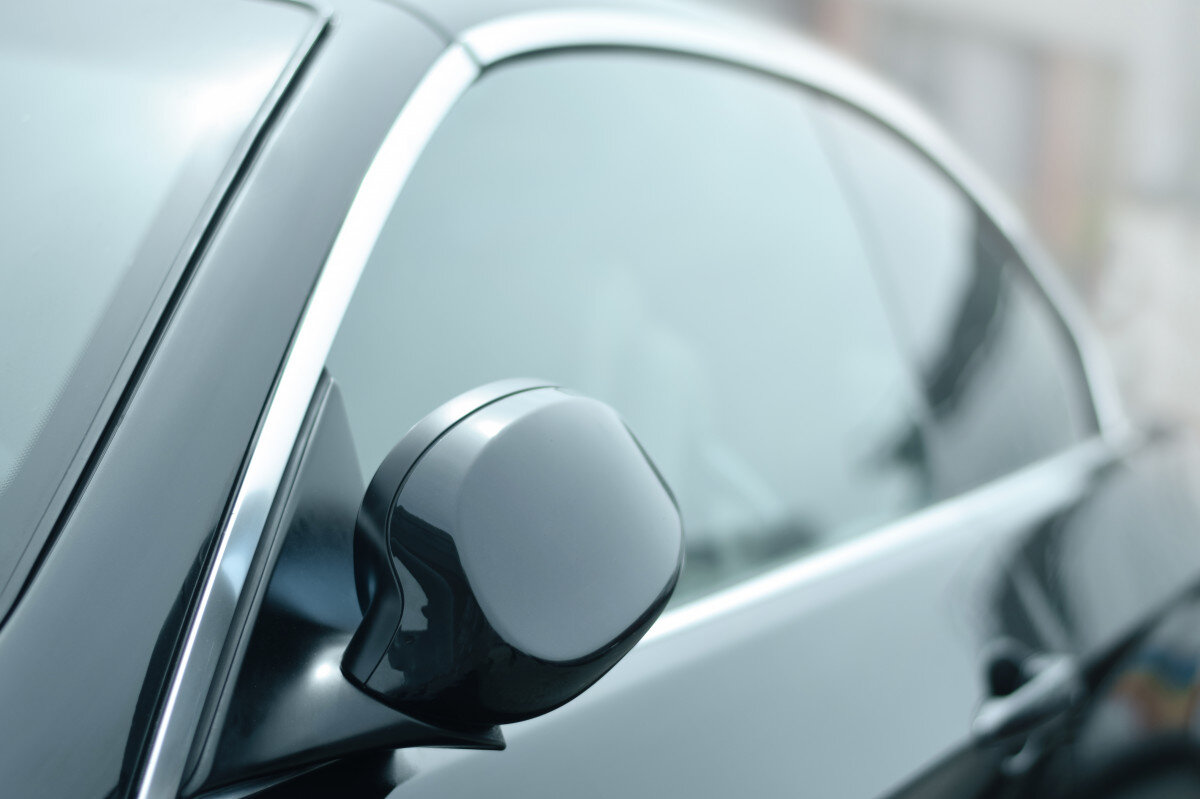
That vehicle can be your daily driver, the one you rely on to take you to work, kids to school, pick up the groceries and go out with friends. If you need your vehicle to be reliable and safe for those day-to-day driving excursions, then you need to take action.
You reach out to the manufacturer, and after some back and forth, they give you an offer. They offer to give you a cash amount and let you keep the vehicle to use for a trade-in. This way, the manufacturer is not saddled with a lemon, you have cash in hand plus a vehicle for trade-in.
This is called a “cash and keep” settlement. While this may seem like an ideal situation, the problem arises when the vehicle is traded back to a dealership without the designation of a lemon vehicle.
If a vehicle is recognized as defective, it needs to be labeled as such to allow for proper repair and warning for any future owner. You should probably opt to pursue restitution from the manufacturer that includes designating the vehicle as a lemon and having them take it off your hands. If they won’t agree, then there are other options that protect you from this very situation.
The Texas lemon law has three potential outcomes, provided the case is found in your favor as the auto owner. You can get a replacement vehicle of comparable value, you can get the current vehicle repaired satisfactorily, or you can get repaid for the payments you have made and the repair attempts.
However, before you start making plans and counting money, it is a good idea to understand the Texas lemon law. This law is overseen by the Texas Department of Motor Vehicles. The Texas DMV has a special department to handle these cases, which allows the cases to be handled in a timely manner.
For more information on arbitration and other frequently asked lemon law questions, click here.
The Texas lemon law requires the vehicle be purchased within the state of Texas. It also requires that the vehicle be covered by original warranty through purchase at a dealer or manufacturer. The vehicle must be a car, truck, SUV, RV, TRV (towable recreational vehicle), or an electrical vehicle. It can also be a motorcycle.
If you have established that your vehicle fits these criteria, then the next step is to determine if the defect becomes apparent within the first 24 months of ownership or the first 24,000 miles driven – whichever occurs first.
If this is true, let’s talk about the defect. Does it put the lives of the driver and passengers in danger? Does it significantly decrease the value of the vehicle? If the answer to both of these questions is yes, then you are on your way to having a lemon law case.
The next step is to determine whether or not the vehicle fits the criteria of the other tests to qualify it as a lemon. The first test is the four times test, and the second is the 30-day test.
The four times test means you have taken your vehicle to the service department four or more times for repair of the same defect (good thing you have been counting). Also, the issue needs to be documented and continue despite these repair efforts.
If the issue is documented and remains despite efforts to repair it, it passes the four times test. Make sure you are notifying the manufacturer of the ongoing issue (in a way that can be documented). This must be done within six months of the first 24,000 miles or the first 24 months of ownership.
The next test is the 30-day test. The vehicle’s defect must cause it to sit idle for 30 days or more during those first 24 months or 24,000 miles. These do not have to be consecutive days. However, the days do not count if you are given a loaner vehicle from the dealership or mechanic who attempts to repair the vehicle.
Think you have a lemon, click here. to fill out a 30 second form
If this applies to your vehicle, it passes the 30-day test. Therefore, you have a vehicle that is considered a lemon under the Texas lemon law. Once these tests are applied and the status of your vehicle as a lemon is more certain, it is time to start pursuing the case through legal means.
However, instead of attempting to go through the traditional legal system, it is a good idea to understand the right path to proceed with this type of concern. Today’s efforts will go a long way toward getting yourself a more reliable vehicle.
 Image Source : https://pixy.org/5750055/
Image Source : https://pixy.org/5750055/
In order to find restitution through the Texas lemon law, you must file a complaint. This can be done online, provided the fee can be paid that way. It is important to note here that all relevant documentation must be gathered before filing the complaint. It may be worthwhile to work with a legal professional in order to be sure you have the most comprehensive case possible.
It can be stressful and time-consuming to gather all of the documentation. A Texas lemon law lawyer will have the necessary support staff to provide assistance with this step. That way, you are freed up to handle other tasks in your life and still be able to have the best case to present.
Once the complaint and all related documentation are in the hands of the Texas DMV, then the first step is organizing mediation. The two sides are brought together to work on a compromise. If you don’t find a satisfactory compromise, the case is escalated to a hearing. This hearing is held in front of an examiner assigned to the case. The examiner hears all evidence from both parties and then has 60 days to provide a written decision.
Lemon laws are confusing. Read our guide to the lemon law process.
The examiner can opt to rule in favor of either party. An appeal of that decision is permitted if the party feels it is necessary. In the event the examiner finds in favor of the auto owner, the options are repurchase of the faulty vehicle, replacement or repair.
Keep in mind that the vehicle value will be determined taking into consideration the miles driven, payments made on the vehicle and the current condition. It will not factor in any additional after-market parts you have added since it was purchased.
Also, it is important to note that the people who get to determine that are not the manufacturer or the auto owner. It is entirely up to the examiner.
The Texas lemon law is designed to make sure the auto owner is protected in the event that the vehicle is defective. Considering that 100,000 defective vehicles are discovered in the US each year, the odds are higher than one might think.
The good news is that you are protected in the event a defective vehicle ends up in your driveway. If you think that might be the situation you face, then reach out to a lemon law lawyer today to discuss your options.
